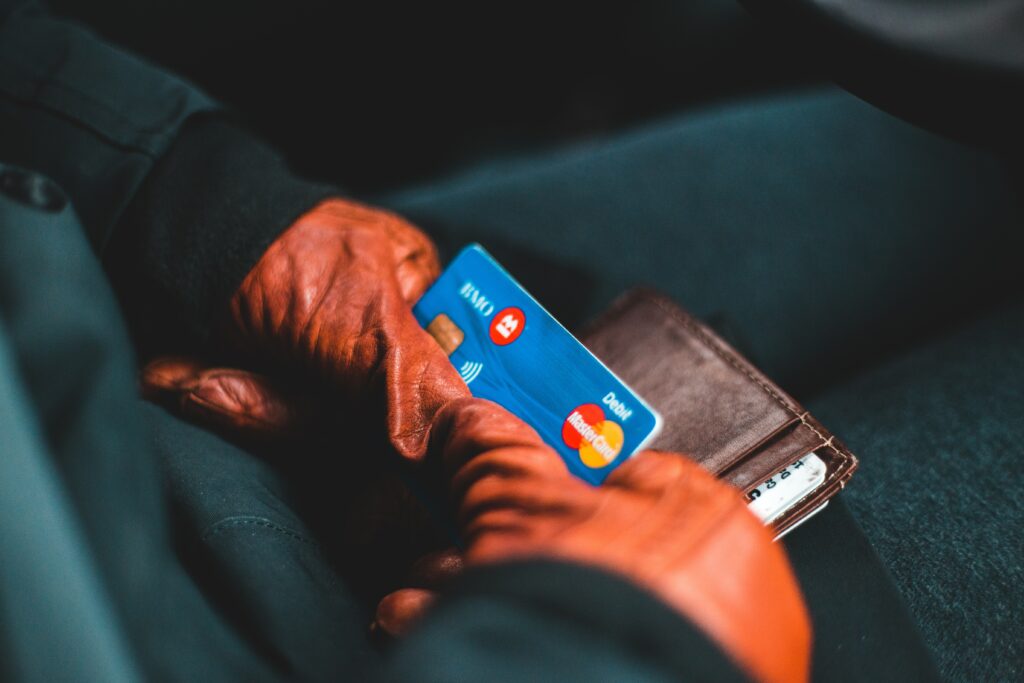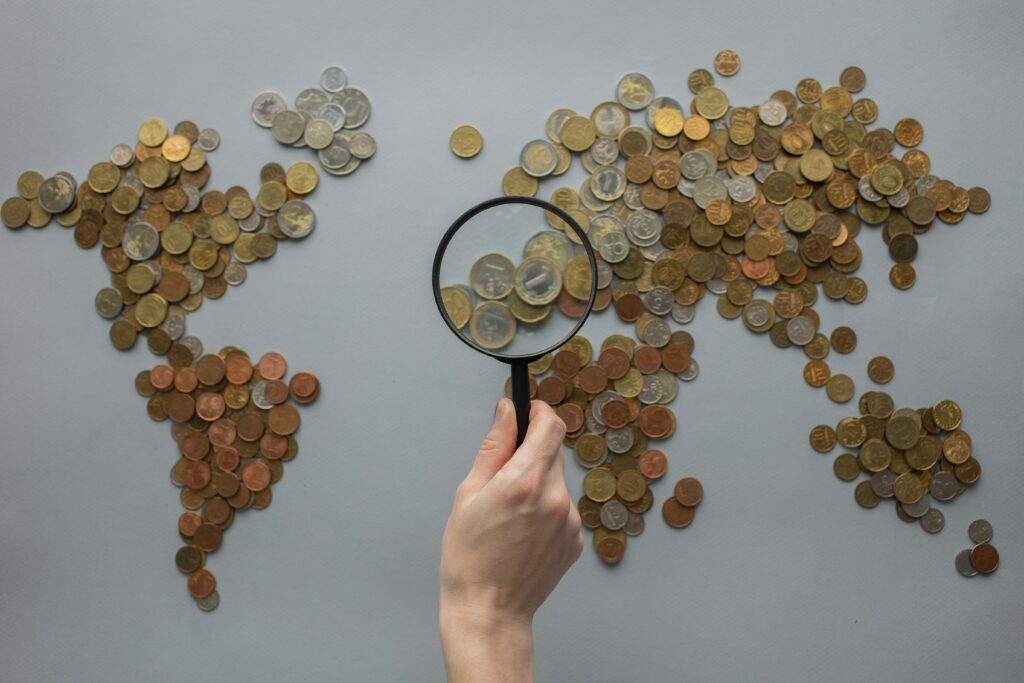When it comes to money, there are a lot of options available to travellers. Do you take travellers’ cheques? What about using your debit or credit card abroad? And then there are the more recent products on the market, such as prepaid cards and foreign exchange cards. So, which one is right for you? In this article, we will explore all the different travel money options and help you decide which one is best for your needs.
Cash
Cash is one of the most versatile travel money options available. It’s accepted in most places around the world, and you don’t have to worry about conversion rates or hidden fees. Plus, it’s always handy to have some cash on hand in case of an emergency. That being said, cash can be bulky and inconvenient to carry around, so it’s not ideal for every situation.
In many countries, it is common to pay with cash. Some of the most popular destinations for travellers include Spain, Italy, Germany, and Australia. In these countries, you will likely find that many businesses accept payments in cash. However, there are also several other countries where cash is the preferred method of payment. For example, in China and India, it is very common for people to pay for goods and services in cash.
The best advice for travelling with cash is to be aware of your surroundings and take precautions to protect your money. Always keep your money in a safe place, and be aware of people who may be trying to take advantage of you. Cash can be obtained at airports and banks, or you can use a currency exchange service. I’ve only heard good things about Travel Money Max and the couple times I’ve used it, it’s worked wonders.

Debit and Credit Cards
Both debit and credit cards offer a number of benefits for travellers. They are both accepted in most places around the world, and they both offer protection against fraudulent charges. In addition, debit cards can help you avoid foreign exchange fees, and credit cards often come with travel insurance.
When it comes to using debit or credit cards abroad, it’s important to be aware of the foreign exchange rates. This is the rate at which your bank will convert the foreign currency into the currency linked in your account. The foreign exchange rate can vary from day to day, so it’s important to do your research and find out what the current rate is before you leave.
Some banks offer a foreign exchange rate that is locked in on the day of your purchase. This means that you will get the same exchange rate regardless of what the rate is on the day you use your card. Other banks offer a variable foreign exchange rate, which means that the rate may change from day to day.
One of the advantages of using a credit card whilst travelling is if you are using a credit card with a rewards program, you may also be able to earn points or cash back on your purchases.
The main disadvantage of debit cards is that they can be easy to overdraw if you’re not careful. The main disadvantage of credit cards is that they can be expensive if you’re not careful about how much you spend.

Prepaid Cards or Foreign Exchange Cards
This is a type of debit card that allows you to load money onto the card before using it. This money can be used to make purchases in stores or withdraw money from ATMs. In addition, many prepaid cards also offer features such as online banking and money transfers.
The main advantage of using a prepaid card is that it can help you stay within your budget. Because you can only spend the money that is on the card, it’s a great option for people who are trying to stick to a budget. In addition, many prepaid cards come with added features such as rewards programs and travel insurance.
The disadvantage of prepaid cards is that they can be expensive if you’re not careful about how much money you put on the card. In addition, some prepaid cards have fees for things such as ATM withdrawals and balance inquiries.
Travellers’ cheques
I’m gonna be honest, whilst doing my research I was pretty sure these were not available anymore. That’s actually not the case and can happily admit I think they could be very valuable and helpful. However, they only support a number of currencies.
Travellers’ cheques are a type of cheque that can be used to purchase goods and services while travelling. They are often accepted in place of cash, and they can be exchanged for local currency at banks or money changers.
One of the main advantages of travellers’ cheques is that they are secure. If your travellers’ cheques are lost or stolen, you can get them replaced. In addition, many money changers offer a buy-back guarantee, which means that you can get your money back if the cheques are not accepted.
The main disadvantage of Travellers’ Cheques is that they can be difficult to cash in some countries. In addition, you may have to pay a commission when you exchange them for local currency.

So, what are your final thoughts? What’s your prefered choice whilst discussing travel money? Are debit cards or credit cards better for travelling? Or maybe prepaid cards?
Well, it really depends on your needs and what you’re looking for. If you’re looking for a card that is secure and offers a buy-back guarantee, then travellers’ cheques might be a good option for you. If you’re looking for a card that is easy to use and comes with added features, then a prepaid card might be the best option. And if you’re looking for a card that offers rewards and travel insurance, a credit card is probably the best option.
Now that you’ve covered your needs regarding money for your next trip, don’t forget to check our best tips for insurance.




